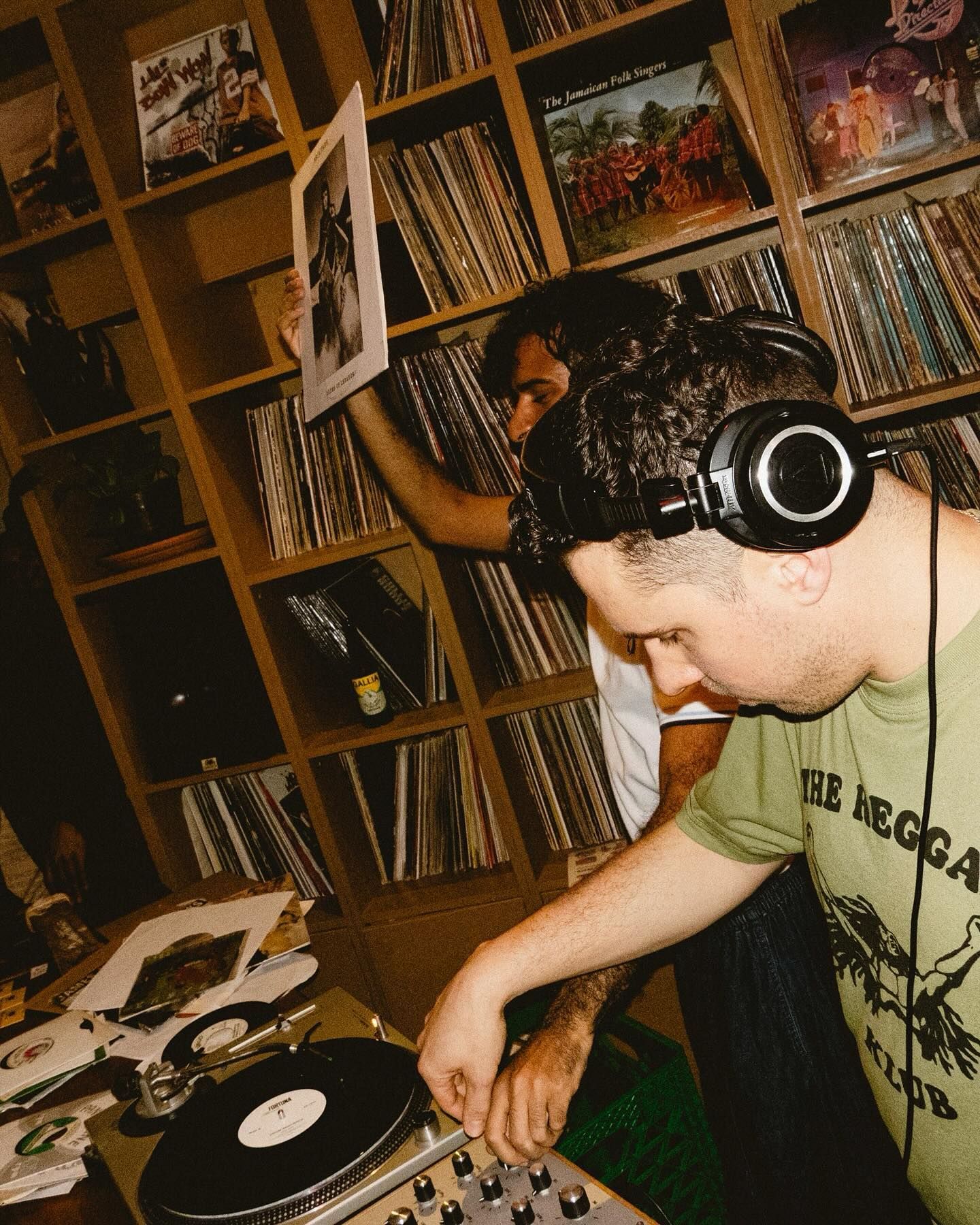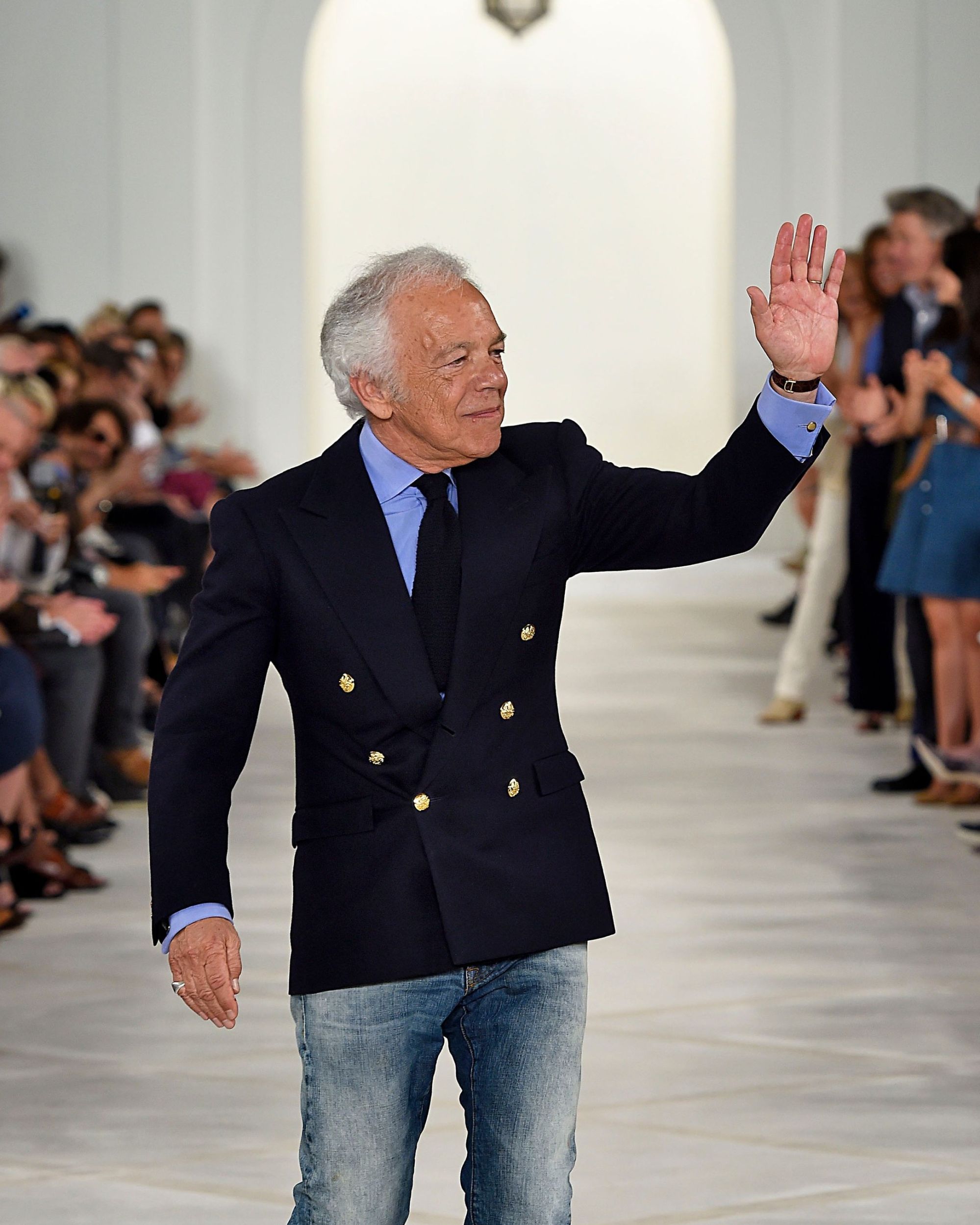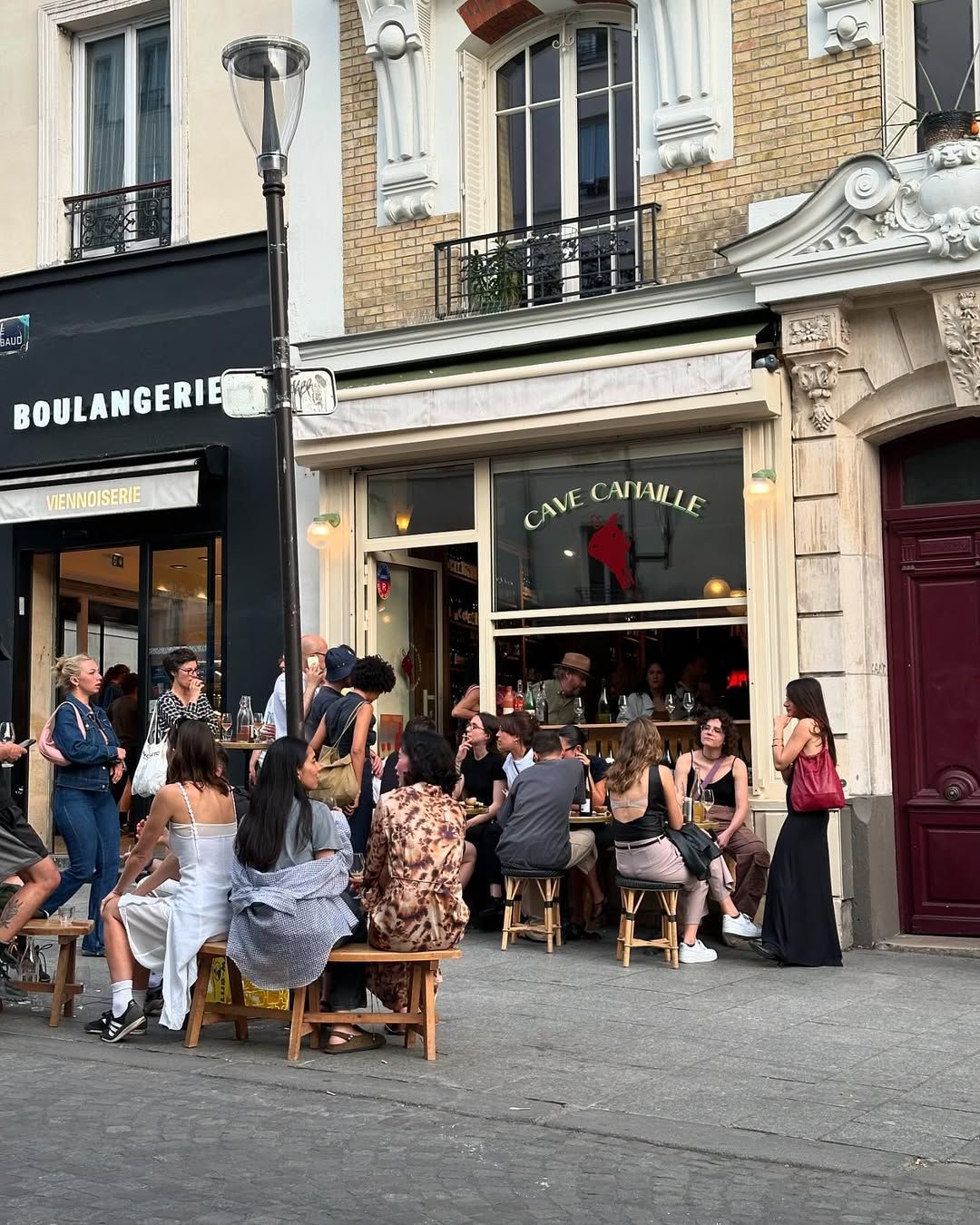
The impact of the Olympic Games on Fashion Week Logistical challenges, reshuffling and exorbitant costs, the Paris 2024 Olympics keep claiming victims
The Olympic Games have not yet begun, but already a feeling of weariness and horror is settling in, particularly among the inhabitants of Île-de-France. Whether due to their omnipresence in the media, the incessant revelation of increasingly restrictive measures, or simply because they disturb our tranquility, everyone has their opinion on the matter and doesn't hesitate to express it freely. For the fashion industry, this issue is of paramount importance. In anticipation of this much-awaited international event, the Federation of Haute Couture and Fashion had already decided to advance the dates of the summer haute couture week to avoid any overlap with the Olympic Games. Additionally, there's the Vogue World parade, supported by Anna Wintour, which has chosen to set its sights on Paris for the very first time during the Men's Fashion Week scheduled from June 18 to 25. While traditionally this time of year is one, if not THE most attractive period for Paris, whether in terms of fashion, tourism, or fashion-related tourism, this year is heavily influenced by the Olympic Games. We explain how the latter might disrupt Fashion Week and what solutions are being considered.
Significant logistical challenges
It seems that Paris Fashion Week is gearing up to face a series of major logistical challenges. Among them are reinforced security checks and planned road closures around the Olympic sites. As Pascal Morand, president of FHCM (Federation of Haute Couture and Fashion), points out, "being able to effectively coordinate security, deliveries, castings, and production will depend on close dialogue with the authorities and brands." Event planning itself also proves problematic, as coordinating the dates and locations of the shows becomes more complex. The iconic sites traditionally used for fashion shows are currently requisitioned for Olympic events, forcing organizers to find creative alternatives.
In addition to the requisitioning of show venues, road closures, and public square closures for the transformation into Olympic zones, major disruptions in participants' movements are occurring. The familiar streets of Paris will temporarily transform, potentially causing delays and complications. To mitigate this impact, close collaboration between event organizers and local authorities has become necessary. According to the latest information, proactive communication is underway with authorities to ensure seamless event coordination. Security zones are carefully delineated, while risk areas are identified. And that's not all: constant dialogue is maintained with participating brands to ensure their specific needs are considered in preparations. "This is an unprecedented logistical challenge for fashion brands and Fashion Week participants," says Emmanuel Heimann, CEO of La Mode En Images. However, FHCM remains steadfast, noting that nearly 90% of brands have confirmed their presence for the men's ready-to-wear and haute couture seasons. According to Lucien Pagès, "despite these challenges, brands that want to participate will find a way to do so."
A different fate for major and small brands
Major fashion houses are encouraged to make decisions earlier than usual to ensure venue and production service availability. According to Pascal Morand, this early planning is crucial to avoid scheduling conflicts and production delays. "We urge brands to engage in open dialogue and take action as soon as possible," he says. "This will ensure that every detail is taken into account to provide an unforgettable experience during Fashion Week." Regular meetings are held to coordinate efforts and ensure every detail is perfectly orchestrated. "We are committed to maintaining the quality and excellence that characterize Paris Fashion Week, even in such demanding circumstances."
However, not all brands benefit from the same resources and planning capabilities. Small brands, in particular, face unique challenges due to their inability to plan ahead. With high demand and limited resource availability, they find themselves more than ever in a delicate position. Small brands operating at the last minute face significant constraints. As Heimann points out, "Everything is booked well in advance, making it difficult for them to find available venues and services." However, he also highlights the opportunities offered by creativity and collaboration, stating: "Despite the challenges, small brands can find innovative solutions by seeking creative alternatives and establishing strategic collaborations with other industry players. It's time to push boundaries and stand out in a competitive environment."
Financial repercussions
JO de Paris 2024 : alerte sur les prix de l'hébergement https://t.co/ZNRpdQrz2P pic.twitter.com/MLJfpF9Eb7
— CROCIS_CCI_Paris_Idf (@CROCIS_CCI_IDF) November 17, 2023
In parallel, the significant increase in demand for accommodation at the dawn of the Olympics leads to a spectacular rise in hotel prices. Establishments located near the Olympic sites see their rates skyrocket, which could strain the budgets of fashion brands and Fashion Week participants. According to a recent survey, hotel room prices have soared to unprecedented levels. Room rates are on average increasing by 50% compared to off-season prices. "We are witnessing a sharp increase in hotel rates during the Olympic period," says Pierre Martin, manager of a major Parisian hotel. According to gathered data, demand for flight tickets to Paris during the Olympic period has increased by 35% compared to the previous year. "We observe a significant increase in flight fares to Paris for the Olympic period," says Marie Dupont, marketing director of an international airline company. Renting private apartments emerges as an attractive solution. "We have seen a significant increase in demand for apartment rentals during this period," explains Sophie Leclerc, manager of a seasonal rental agency. Indeed, neighborhoods less affected by upcoming events offer more affordable housing options and allow participants to minimize costs while enjoying their stay in Paris.
Despite the logistical and organizational challenges posed by the anticipation of the Paris 2024 Olympics, this tumultuous period can prove to be a boon for brands. As all eyes will be on Paris, the fashion capital, this opportunity could be perfect for them to reaffirm themselves, shine, and celebrate the incomparable heritage of French fashion.















































